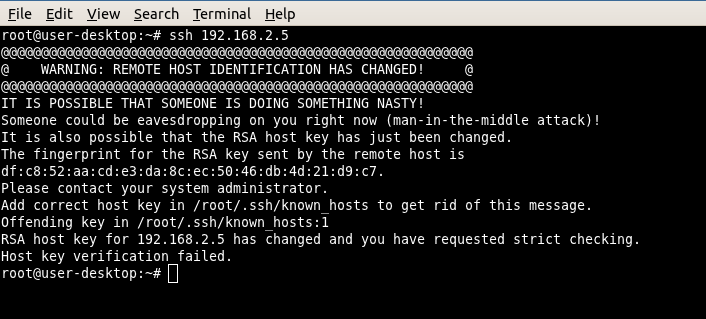

Python examples from getmac import get_mac_address eth_mac = get_mac_address ( interface = "eth0" ) win_mac = get_mac_address ( interface = "Ethernet 3" ) ip_mac = get_mac_address ( ip = "192.168.0.1" ) ip6_mac = get_mac_address ( ip6 = "::1" ) host_mac = get_mac_address ( hostname = "localhost" ) updated_mac = get_mac_address ( ip = "10.0.0.1", network_request = True ) # Enable debugging from getmac import getmac getmac. Stable release from PyPI pip install getmac If you want to use psutil, scapy, or netifaces, I have examples of how to do so in a GitHub Gist. In some cases it can be significantly faster. If the only system you need to run on is Linux, you can run as root, and C-extensions modules are fine, then you should instead check out the arpreq package by Sebastian Schrader. Another great option that fits these requirements is the well-known and battle-hardened psutil package by Giampaolo Rodola. However, unfortunately it is no longer maintained as of May 2021, so it may not be a great choice for new projects. If you only need the addresses of network interfaces, have a limited set of platforms to support, and are able to handle C-extension modules, then you should instead check out the excellent netifaces package by Alastair Houghton ( It's significantly faster (thanks to it being C-code) and has been around a long time and seen widespread usage. It provides one function: get_mac_address()

The data will be written to a file called server_location.txt in the /tmp/ directory.

We can create a script that grabs the geolocation data and writes it to a file in CSV format. Creating a Script to Automate The API Call


 0 kommentar(er)
0 kommentar(er)
